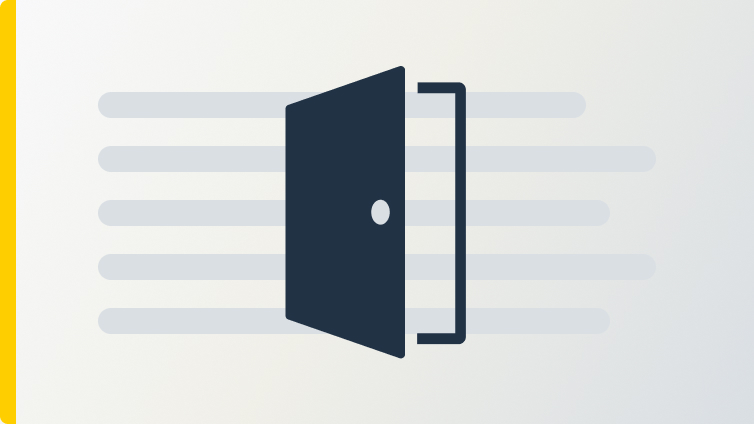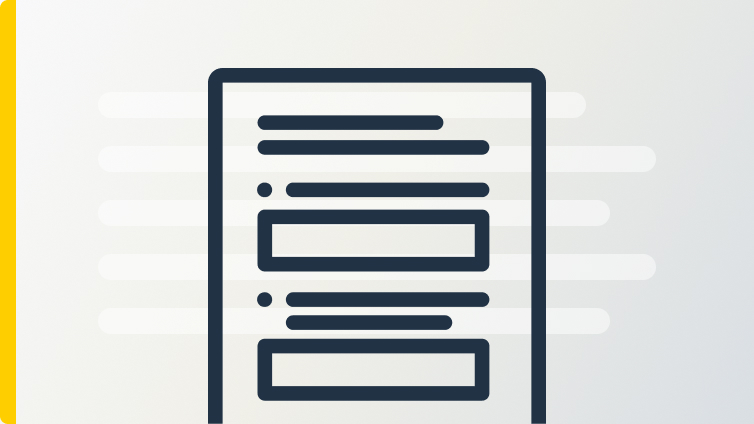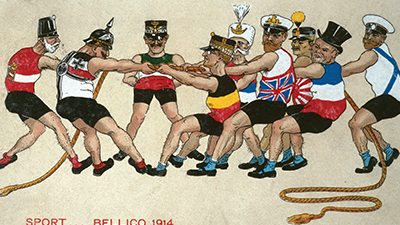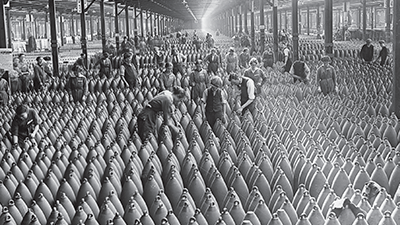Causes of World War I
Driving Question: What were the causes of World War I, and what were its consequences?
If we could tell you exactly what started the First World War, this would be a pretty short lesson. But it’s not that simple; this massive and violent conflict had many origins. In fact, you have already investigated many of the political, ideological, economic, and social factors that were simmering away in that big pot known as the long nineteenth century. Here, you’ll get a chance to examine the causes—one ingredient at a time—to better understand the big soupy mess that boiled over from 1914 to 1918.
Learning Objectives
- Explain the causes and consequences of World War I.
- Analyze multiple scholarly perspectives regarding the causes of World War I.
Vocab Terms:
- alliance
- consumerism
- diplomacy
- infrastructure
- interdependence
- militarism
- mobilization
Opener: Causes of World War I
To teach this lesson step, refer to page 3 of the Lesson 7.2 Teaching Guide.
Want to throw yarn but feel like it might get unruly? Learn how other teachers have approached Our Interconnected World: WWI in this Forum thread.
Connect the dots and see the connections in Our Interconnected World!
Tug-of-War
Use your knowledge of the nineteenth century and a 1914 political cartoon to make predictions about the coming war. Who’s involved—and what might happen next?
What Caused the First World War?
To teach this lesson step, refer to page 6 of the Lesson 7.2 Teaching Guide.
Historians offer a number of different causes of World War I, ranging from the assassination of Archduke Franz Ferdinand to deeper issues like nationalism, imperialism, and alliance systems. Some even argue that the war was simply a tragic accident, made worse by outdated diplomacy and rising industrial powers.
-
Guiding Questions
-
Before you read
Preview the questions below, and then skim the article. Be sure to look at the section headings and any images.
While you read
Look for answers to these questions:
- Who killed Franz Ferdinand? Why did they kill him?
- How did the European alliance system help start the war?
- How did imperialism help start the war?
- Why does the author argue that industrialization made the war inevitable once preparations were started?
- How might the First World War have happened by accident?
After you read
Respond to the following questions:
- To what extent does this article explain the causes and consequences of World War I?
- This article gives three broad explanations for the origins of the First World War. Which view, or argument, do you agree with the most, and why? Why not the others?
Tug-of-War Revisited
Now that you’ve explored the causes of World War I, hypothesize what the nations involved in the war were thinking as you revisit the political cartoon from earlier in the lesson.
Capitalism and World War I
To teach this lesson step, refer to page 8 of the Lesson 7.2 Teaching Guide.
Though many business leaders initially opposed the war due to fears of economic disruption, wartime production proved highly profitable for some. After the war, countries like Germany faced economic collapse, while others, like the United States, became wealthier and more powerful.
-
Guiding Questions
-
Before you read
Preview the questions below, and then skim the article. Be sure to look at the section headings and any images.
While you read
Look for answers to these questions:
- What were some economic arguments made against the war?
- What are some reasons that capitalists might have wanted a war?
- World War I cost more than any other war up to that point in history. What measures did governments take to help cover its costs?
- Which country was the economic “winner” of the war? Why did they win?
- What countries suffered as a result of the war?
After you read
Respond to the following questions:
- Using evidence from this article, explain the causes and consequences of World War I.
- You have now read several articles about the causes of the First World War. Make a list of all the causes you can remember and then rank them in order from most significant to least.
- Capitalism and industrialization weren’t new in 1914. Why do you think it took almost 150 years from the start of the Industrial Revolution for the first global mechanized conflict to occur?
Closer: Causes of World War I
To teach this lesson step, refer to page 9 of the Lesson 7.2 Teaching Guide.
Remember that closers are a great opportunity to informally assess student understanding. Read more about that in the OER Project Assessment Guide.
This lesson has covered a lot—including the causes of an entire global war! Take some time to reflect on all you’ve learned.
How World War I Started: Crash Course World History #209
To teach this lesson step, refer to page 10 of the Lesson 7.2 Teaching Guide.
Wait, so how did World War I start again? Let’s do a quick Crash Course to refresh your memory!
-
Guiding Questions
-
Before you watch
Preview the questions below, and then review the transcript.
While you watch
Look for answers to these questions:
- Why did Princep and his co-conspirators target Archduke Franz Ferdinand?
- Why didn’t Franz Ferdinand’s uncle, the Austrian emperor, like him?
- Why was the Austro-Hungarian Empire’s ultimatum to Serbia important? And why was it important that it took a month to be issued?
- John Green lays out the chronology that led up to World War I. What action taken by a national government started the hostilities?
After you watch
Respond to the following questions:
- To what extent does this video explain the causes and consequences of World War I?
- John Green warns us that it’s really hard to understand the long-term consequences of our actions. Can you think of any historical choices that led to surprising or unfortunate results later on?





